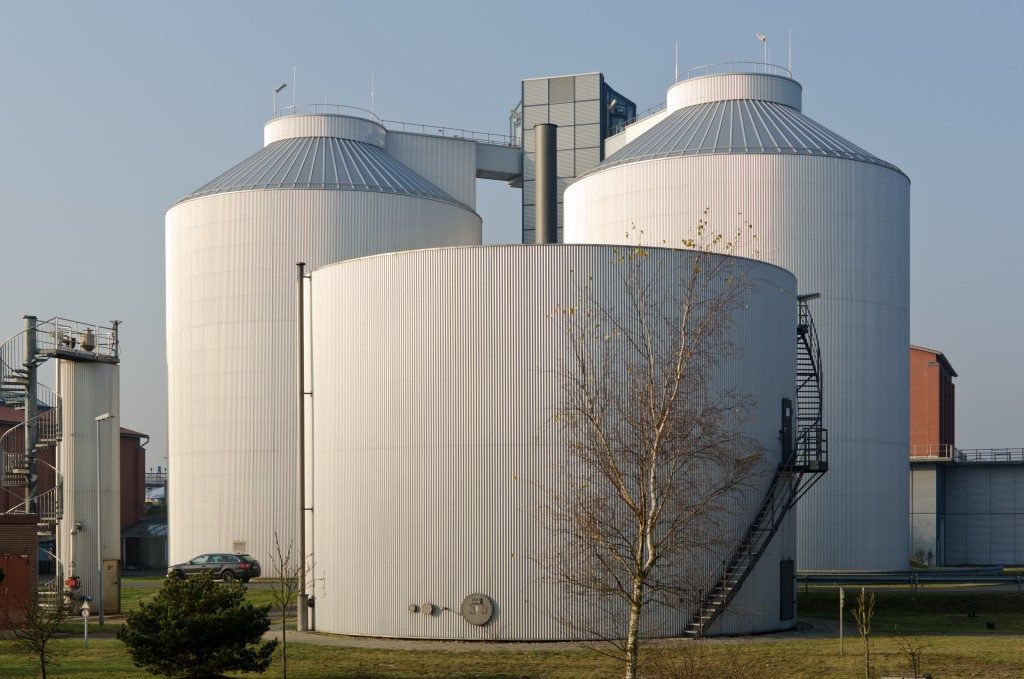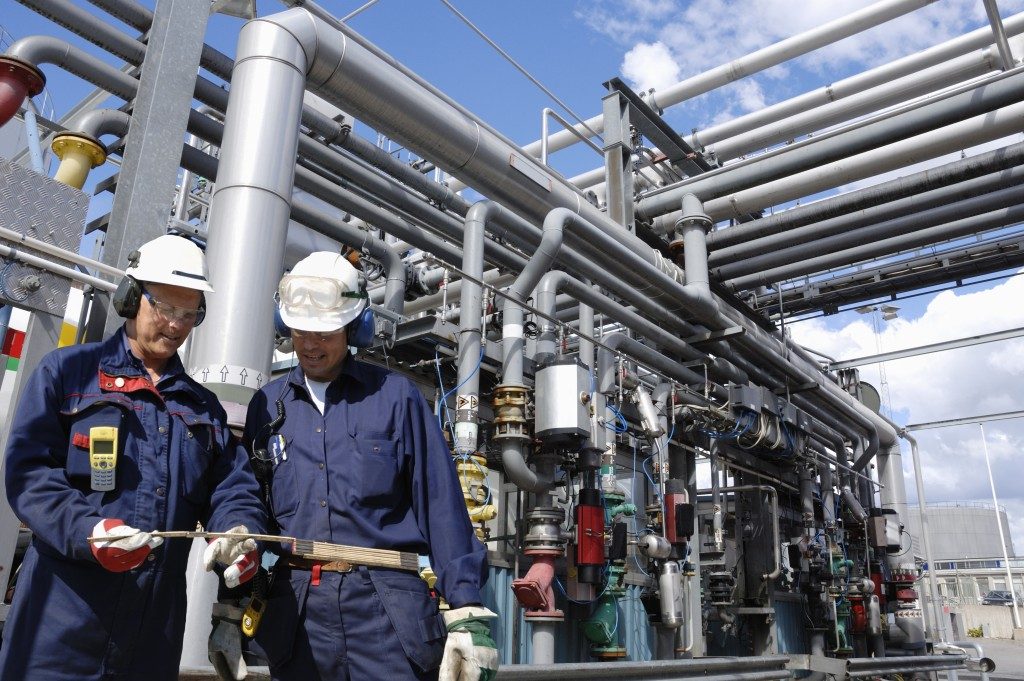Every industrial plant aims at operating at their maximum capacity. However, some of them fail to attain the expected threshold, which negatively impacts their production capacity. The overall efficiency of an industrial plant depends on various factors. Among them are the type of equipment in use, purity of the raw materials, and degree of recycling.
1. Recycling
This is the most essential aspect of efficiency. In any industry, there are often three items that may be recycled: water, heat, and by-products. Water recycling may be achieved by treating wastewater that can be reused in the production process. The recycled water does not have to be used directly in manufacturing the product. Instead, it may be used as a cooling agent to remove excess heat at various points of the production process. The water may also be used to clean the production line, which may be treated again and then pumped back into the system. Heat may be recycled through a heat exchanger. This means that the heat energy withdrawn from the final products may be utilized in heating the incoming feedstock. This lowers the energy requirements of a production process and hence the cost of production.
2. Efficiency of the production process
The type of equipment used in a production process determines its efficiency of production. Industries are expected to adopt modern production equipment to facilitate efficient production. There has also been a need to integrate technology into production processes. The aim is to achieve the automation of operations. With that, it becomes possible for the production system to operate round the clock. A business is, therefore, able to meet the demand for their products without the need to expand their production equipment. Automated systems have also reduced overreliance on unskilled labour as more production plants are continuously phasing out their batch systems in favour of the more dynamic continuous production systems.
3. Quality of the feedstock
 The quality of the raw materials to be used determines their degree of conversion into the desired products. A high-quality feedstock guarantees satisfactory conversion rates of up to 95%. Similarly, low-quality materials result in significantly low conversion rates. It also minimises the amount of work required to remove the impurities. The presence of impurities in the raw materials can greatly reduce the efficiency of a production process. This is especially true for those processes that involve the use of catalysts. Some catalysts are highly susceptible to poisoning and deactivation. The presence of impurities may, therefore, lower the ability of the catalysts to accelerate the product-forming reactions. This means that there will be a need to regularly replace the catalysts. The effect is an increase in the expenses of a business, which is likely to reduce its profits.
The quality of the raw materials to be used determines their degree of conversion into the desired products. A high-quality feedstock guarantees satisfactory conversion rates of up to 95%. Similarly, low-quality materials result in significantly low conversion rates. It also minimises the amount of work required to remove the impurities. The presence of impurities in the raw materials can greatly reduce the efficiency of a production process. This is especially true for those processes that involve the use of catalysts. Some catalysts are highly susceptible to poisoning and deactivation. The presence of impurities may, therefore, lower the ability of the catalysts to accelerate the product-forming reactions. This means that there will be a need to regularly replace the catalysts. The effect is an increase in the expenses of a business, which is likely to reduce its profits.
The actual efficiency and operating capacity of an industrial plant depend on the degree to which it manipulates the production variables. This may explain why, even with the availability of advanced technology, different companies continue to supply goods of varying quality. Every industry should aim at producing the highest-quality products.
